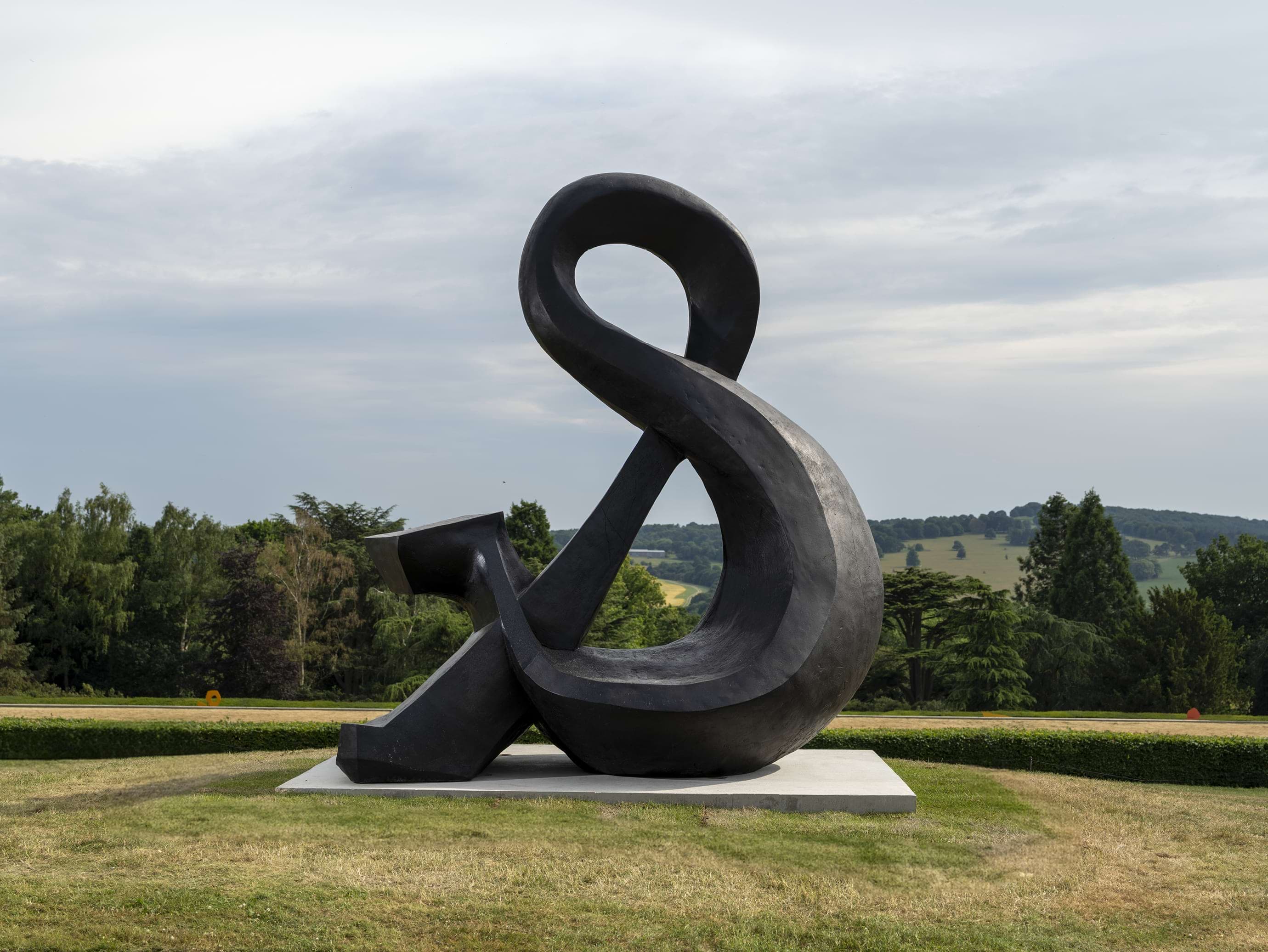
Speaking the Unspeakable is Grada Kilomba’s first solo exhibition on the African continent and at Goodman Gallery. As a woman artist from the African Diaspora who has recently had two solo museum shows and featured at the 1-54 art fair in Marrakech, this is a significant moment for South African audiences to experience her subversive and singular work on decoloniality.
With a poetic visual language, Kilomba interrupts the ‘white cube’ to create a space that announces the emergence of silenced voices and explores the relationship between speaking, silencing and listening.


Curated by Lara Koseff and with creative production by Moses Leo Speaking the Unspeakable features new work that combines myriad art forms and genres – storytelling, theatre, performance and choreography – to explore several means to speak the unspeakable.
Kilomba (b. 1968, Lisbon, Portugal) is an interdisciplinary artist and writer living in Berlin – with roots in São Tomé e Príncipe, Angola, and Portugal. Her work draws on the repressed history of colonialism and its legacy on memory, trauma, gender, and the conceptualisation of knowledge and narrative. ’Who can speak?’ ‘What can we speak about?’ and ‘What happens when we speak?’ are constant and fragile questions in Kilomba’s body of work.



Kilomba studied Clinical Psychology and Psychoanalysis at the ‘ISPA – Instituto Superior de Psicologia Aplicada’ in Lisbon. There, she worked in the psychiatry department with war survivors from Angola and Mozambique. Recognised for her academic excellence, she received a Ph.D. fellowship from the German Heinrich Böll Foundation where she attained a Doctorate in Philosophy (summa cum laude) from the Freie Universität Berlin 2008. Her work is best known for her subversive writing and her unconventional use of artistic practices, in which she ‘gives body, voice and image to her own writings’, and brings texts into performance – using a variety of formats.
Kilomba has presented work at renowned venues and events, such as 1:54 Marrakech (2018), Documenta 14 in Kassel (2017), 32. Bienal de São Paulo (2016), Art Basel (2016) and SAVYY Contemporary in Berlin (2017), among others. In 2017-2018, she presented two major solo exhibitions in her home country, Portugal, for the first time: The Most Beautiful Language (curated by Gabi Ngcobo) in the Avenida da Índia Gallery at the Municipal Galleries of Lisbon and, Secrets to Tell at the Museum of Art, Architecture and Technology (MAAT). In June 2018, Secrets to Tell will travel to The Power Plant Contemporary Art Gallery, Canada’s leading public art gallery dedicated exclusively to contemporary art. This year her piece Illusions was awarded by the International Film Festival Rotterdam 2018.

In addition, Kilomba is the author of Plantation Memories (2008), a compilation of episodes of everyday racism written in the form of short psychoanalytical stories; and the co-editor of Mythen, Subjekt, Masken (2005), an anthology on critical whiteness studies. Since 2004, she has been lecturing at several international universities, and last, was a Full Professor at the Humboldt Universität Berlin, department of Gender Studies (2012 - 2013), where her series on ‘Performing Knowledge’ became particularly known, as well as her works ‘Bodies Without Shame’ and ‘Tongues Without Shame’.
Artworks
Create a Goodman Gallery account to view pricing of available artworks and access purchasing.

Artist Bio
Grada Kilomba (b. 1968, Lisbon, Portugal) is an interdisciplinary artist, whose work draws on memory, trauma, gender and post-colonialism, interrogating concepts of knowledge, power and violence. “What stories are told? How are they told? And told by whom?” are constant questions in Kilomba’s body of work, to revise post-colonial narratives.
Kilomba subversively translates text into image, movement and installation, by giving body, voice and form to her own critical writing. Performance, staged reading, video, photography, publications and installation are a platform for Kilomba's unique practice of storytelling, which intentionally disrupts the proverbial ‘white cube’ through a new and urgent decolonial language and imagery.
Her work has been presented in major international events such as: La Biennale de Lubumbashi VI; 10. Berlin Biennale; Documenta 14, Kassel; 32. Bienal de São Paulo. Selected solo and group exhibitions include the Pinacoteca de São Paulo; Bildmuseet, Umeå; Kadist Art Foundation, Paris; The Power Plant, Toronto; Maxim Gorki Theatre, Berlin; MAAT-Museum of Art, Architecture and Technology, Lisbon; Secession Museum, Vienna; Bozar Museum, Brussels; PAC-Pavillion Art Contemporanea, Milan, among others. Kilomba’s work features in public and private collections worldwide.
Strongly influenced by the work of Frantz Fanon, Kilomba studied Freudian Psychoanalysis in Lisbon – at ISPA, and there she worked with war survivors from Angola and Mozambique. Early on she started writing and publishing stories, before extending her interests into staging, image, sound and movement.
Kilomba holds a Doctorate in Philosophy from the Freie Universität Berlin. She has lectured at several international universities, such as the University of Ghana and the Vienna University of Arts, and was a Guest Professor at the Humboldt Universität Berlin, Department of Gender Studies. For several years, she was a guest artist at the Maxim Gorki Theatre, in Berlin, developing 'Kosmos 2', a political intervention with refugee artists. She is the author of the acclaimed 'Plantation Memories' (Unrast, 2008) a compilation of episodes of everyday racism written in the form of short psychoanalytical stories. Her book has been translated into several languages, and was listed as the most important nonfiction literature in Brazil, 2019. In 2021 she unveiled _O Barco / The Boat_, a large-scale installation with an accompanying performance at MAAT - Museum of Art, Architecture and Technology in Lisbon, Portugal.
The artist lives and works in Berlin.


